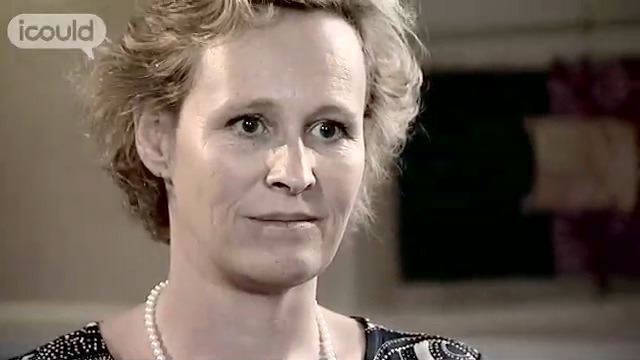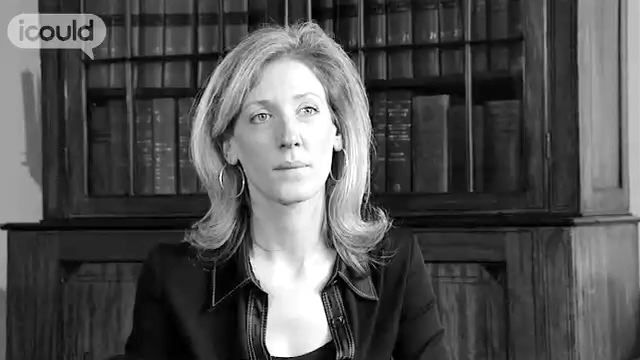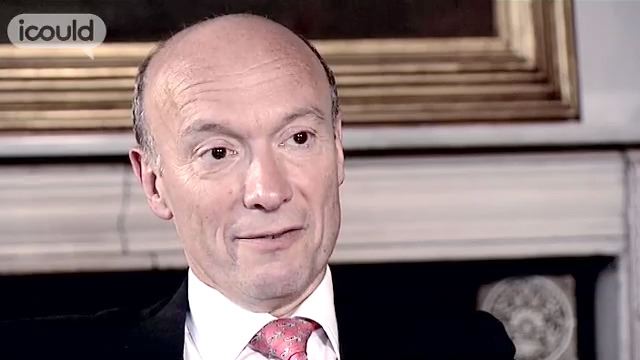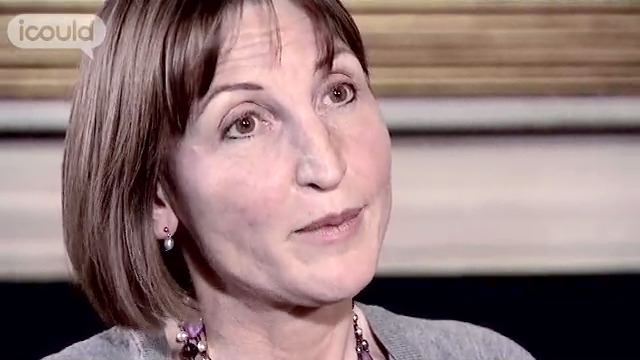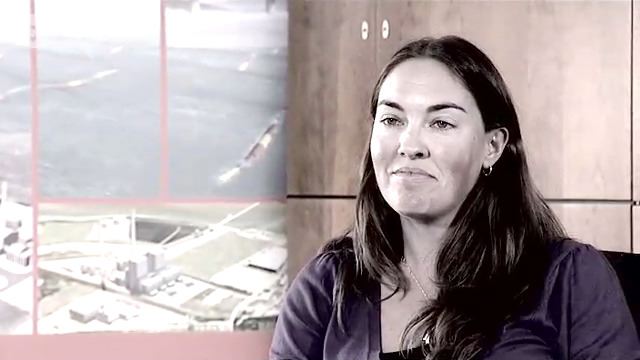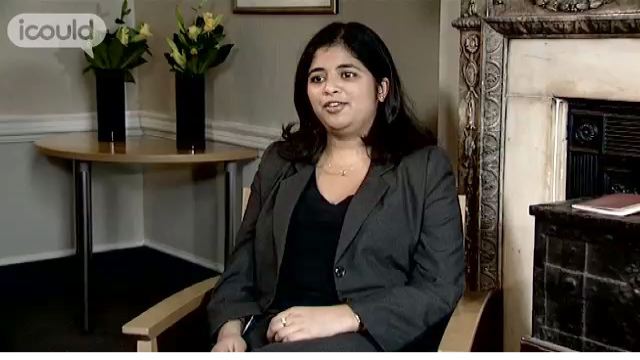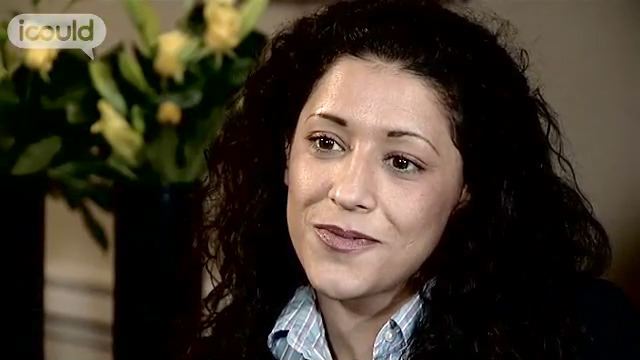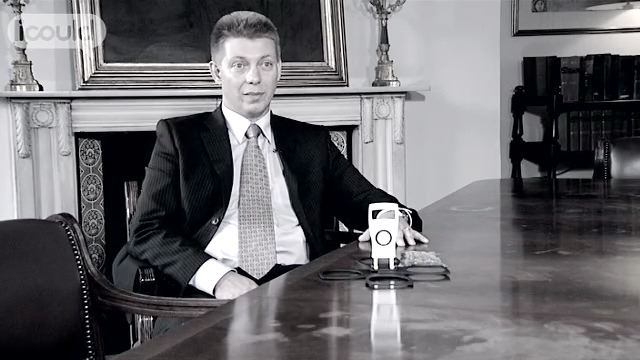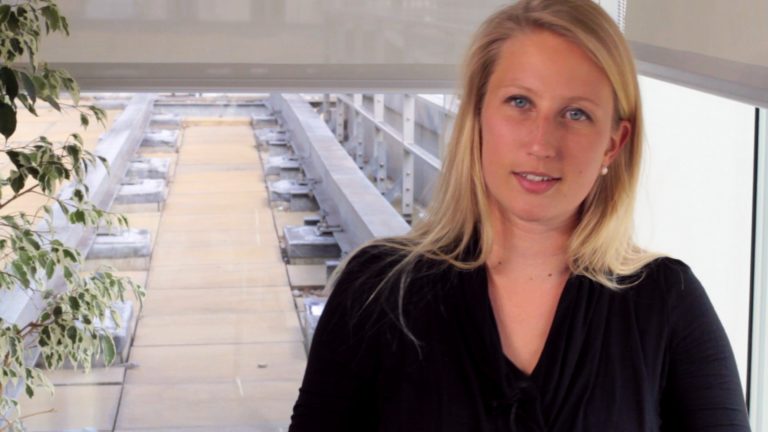Senior Partner
Freshfields Bruckhaus
Will L
Senior Partner
I joined this firm of ours, Freshfields, in 1986 and I’ve been a corporate Lawyer ever since. Within that broad title Corporate Lawyer I’ve done all sorts of different things in different countries and now I’ve drifted from being a proper lawyer into management and I’m now the Senior Partner of Freshfields, which is like a Chairman and it’s my job to chair the firm’s board, to set the strategy to help set the tone of the firm.
My first school I really remember was one in Africa, which is hardly a normal school, in a tiny little town in the middle of landlocked Africa. It was great fun; it was a very outdoorsy little school. I don’t remember learning a single thing of any use. I did have a short sharp shock at the end of it all when my parents suddenly said I was going back to England to go to school and this box of school uniform arrived from Harrods in the middle of the African Jungle and I had to put on this little uniform and I’d never worn uniform before. I was then put on a plane and dispatched back to England and then I came to school here in England, and that’s the first vivid memory of actually learning anything.
The thing that I enjoyed most was the subjects that involved reading because in Africa there was no television as you can imagine and there was no videos in those days so I was a passionate reader. From that school again you know a big challenge I think arrived from one culture to another. I had the same challenge because my parents suddenly announced that I was going to go to a school in New Zealand. So I was dispatched from a little school in England a school whatever it was 12,000 miles in New Zealand, so again a big cultural challenge and shock of moving from one place to another. But much the same, I remember being terribly worried on the day I arrived but leaving it thinking it was the best place in the world.
My first job was delivering milk around the Hill Top villages of my home town in New Zealand, which was very hard work pushing and carrying crates around. I then graduated, becoming a gardener. I can’t say though that at any stage in my years at school did I ever think of becoming a lawyer so the fact that I did was a complete shock to me afterwards.
My parents were very supportive throughout school and I think that made a huge difference to me. Neither of them had gone to University and they were quite keen that I did so they were always encouraging me to think that way from early on. My father is a very practical hands on merchant and he had visions of me building bridges I think and being an engineer and not someone who’s going to sit around being paid by the hour to doodle and write and think. Anyway, eventually I decided to go to University and I thought I ought to do an arts type subject and then I thought I’d do one that might lead on to a job so I decided to read law. My father, who was a soldier, always said that the last thing he wanted his children to be was politicians or lawyers, so anyway in an act of rebellion I decided to be a lawyer. I had no idea what being a lawyer involved, but having spent what all together I guess about six years at university reading law, then my father then started to write me letters, he lived miles away, saying get a job. So then after that I thought well I better become a proper lawyer and not just someone wasting life at University.
My first proper job was after University in New Zeeland before University in England, where I was a judges Clark at the court of appeal at the high court of New Zealand. And that job involved doing research for the judges, helping them write their judgments, sometimes going to watch the trials as they progressed and that I really enjoyed.
I’ve been in this firm for 26 years I definitely have some weaknesses I am useless at organisation and administration so once I recognised that I had to find ways of trying to make the most of people who had those talents and those skills in being part of the package of what we offer as a firm to a particular client team. I think equally understanding your weaknesses are a strength I think and learning to compensate for them and I certainly have plenty of those.
Money doesn’t motivate me just by itself but I think the fact that we are successful organisation and that we are well rewarded for what we do by any measure, relative or absolute is hardly unhelpful from anybody’s perspective.
I think in developing a career people have all sorts of influences and mentors and I think it would be odd I think if people had one and I certainly had a number. Early on in my career I realised that if you’re going to make progress you’ve got to learn to take the best bits from many different people because none of us, including me, are perfect. There have been huge challenges, don’t get me wrong success doesn’t come without effort and without hard work and without careful thought about what you need to do to develop yourself, but I don’t think there’s anybody whose stood in my way or tried to make life difficult. Id only been back in England having lived virtually all my life outside it you know for a year so it’s not as if there was an obvious path for me to follow and people who you know naturally cheering me on so I had to make my own way, but I always felt it was a meritocracy somewhere with hard work and careful thought and application I could make my way.
Will grew up in Africa and developed a love of reading from a very early age. He then moved to a school in England and then a school in New Zealand. His first job was delivery milk and he never thought about being a lawyer when he was at school. His parents encouraged him to go to university and he decided to study law. His first proper job in law was a judges clerk and gradually developed his skills over his 27 years in law before, becoming a Senior Partner at Freshfields.
